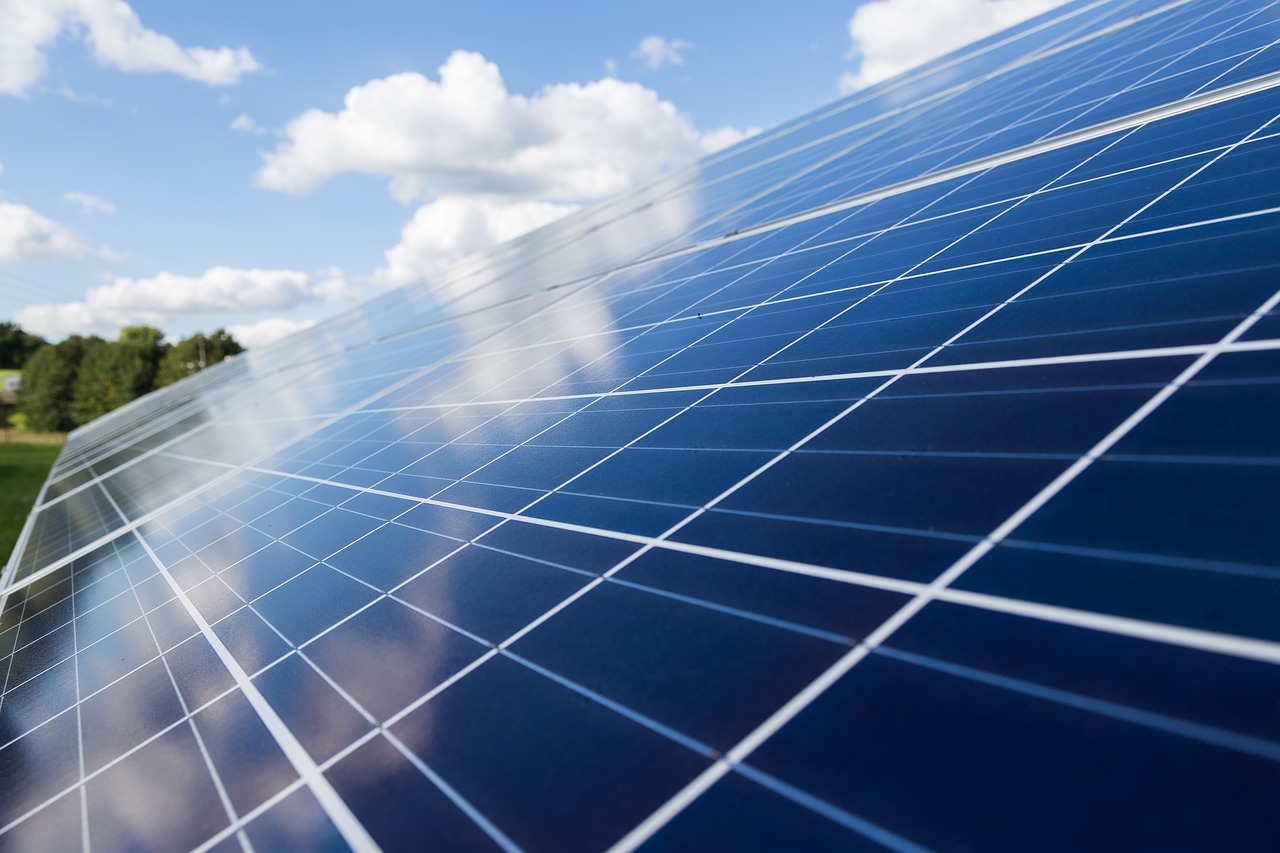Farmers have been harvesting crops for a long time, but now there is a new business in town - solar farming by leasing their land to solar companies. Essentially, unused farmland can be used to farm sunlight instead of crops. Farmers are thinking about diversifying their techniques and finding new revenue streams.
Introducing solar land leasing. It is a semi-permanent way of creating new revenue for many farmers with excess land. It is also a great way to lessen the cost of electricity on the farmland itself. Finding the perfect location to create a solar farm is essential to creating a profitable business.
So, what is the perfect location?
Pollinator Friendly Areas
If your location has a pollinator friendly scorecard, leasing the land for solar will not only be good for the soil, it will also be good for the crops. Areas like Maryland and Minnesota have laws regarding beneficial usage of pollinators. They suggest that farmers will plant pollinator friendly crops all around the area to promote growth of pollination and insects instead of wasting the land with gravel or turf grass. This process of using a pollination friendly crop and solar practically kills two birds with one stone by tackling the threat of pollinator extinction and creating a clean energy source. Currently, New York State has been trying to replicate the same pollinator friendly approach as Maryland and Minnesota in the creation of solar farms.
Areas with the least amount of objects
Objects create shadows which, in turn, block the sun from reaching the solar panels. Therefore many solar companies looking to lease land will generally look for the most exposed land on the property. Properties with too many trees or buildings around the land are less suitable for solar panels and less desirable for companies seeking land to lease.
Weather Conditions
Weather is one of the most important aspects that solar companies consider for land leasing. Lands where there are desert conditions can be associated with constant dust fall, flooding, and high erosion which would end up covering solar panels, making the area unsuitable for land leasing.
Environmental and Land Conditions
The land should be on the flatter side to prevent damage to the solar panels. Land that is overly rocky, sandy, or uneven would make it difficult for solar panel installation. The removal of trees or forests should be minimized in order to lower the cost of construction and focus on solar panel installations. Another environmental impact issue that needs to be considered is the wild animals that live around the property. Properties found with protected species or plants will end up halting the whole operation of the installation period or may completely alter the operation as a whole.
Should you lease your property?
If you have the patience and you are willing to let your land become a suitable energy source for at least twenty to twenty five years. If your land is idle or produces little, solar land leasing may be a viable source of income for you. Consider many factors that may come into play when leasing your land. Make sure everything that is promised by the solar company will be written down on paper and reviewed by a lawyer. If you would like a continuous stream of revenue that is calculated and offered by contract, solar land leasing may be the perfect option for you. Understand that the period of installation could take as few as two years and as many as five. Depending on the property and the build of the solar panels, this process can take a long time before the actual revenue comes into your bank account but also know that you can still work on your farmland before everything is installed and in place.
Complications with Land Leasing
Many legislatures will be against leasing farmland because of their desire to conserve the crop lands. There many be a strong opposition and a less support from not only state legislatures but from your neighbors as well. You may need to convince the community to support of solar land leasing before you are able to start your solar farming. Once you are able to convince the community and local government you can begin your solar land leasing journey. Look into solar companies to make sure they work with your utility company to make the land and electricals suitable for solar land leasing.
After considering the many factors of solar land leasing, you may believe that your land is a good fit to become a solar farm for the next two to three decades. If you would like more information about solar land leasing, contact YSG Solar by sending us an email or call 212.389.9215 to discuss your solar earning potential.
By Kasey Liu
Follow YSG Solar on Twitter, Facebook + Instagram:
Sources:
https://www.solarmango.com/ask/2015/10/23/what-type-of-land-is-suitable-for-solar-farm/
https://www.paradisesolarenergy.com/blog/solar-land-lease-vs-solar-ownership/
https://www.agriculture.com/crops/conservation/diversify-farm-revenue-with-solar

